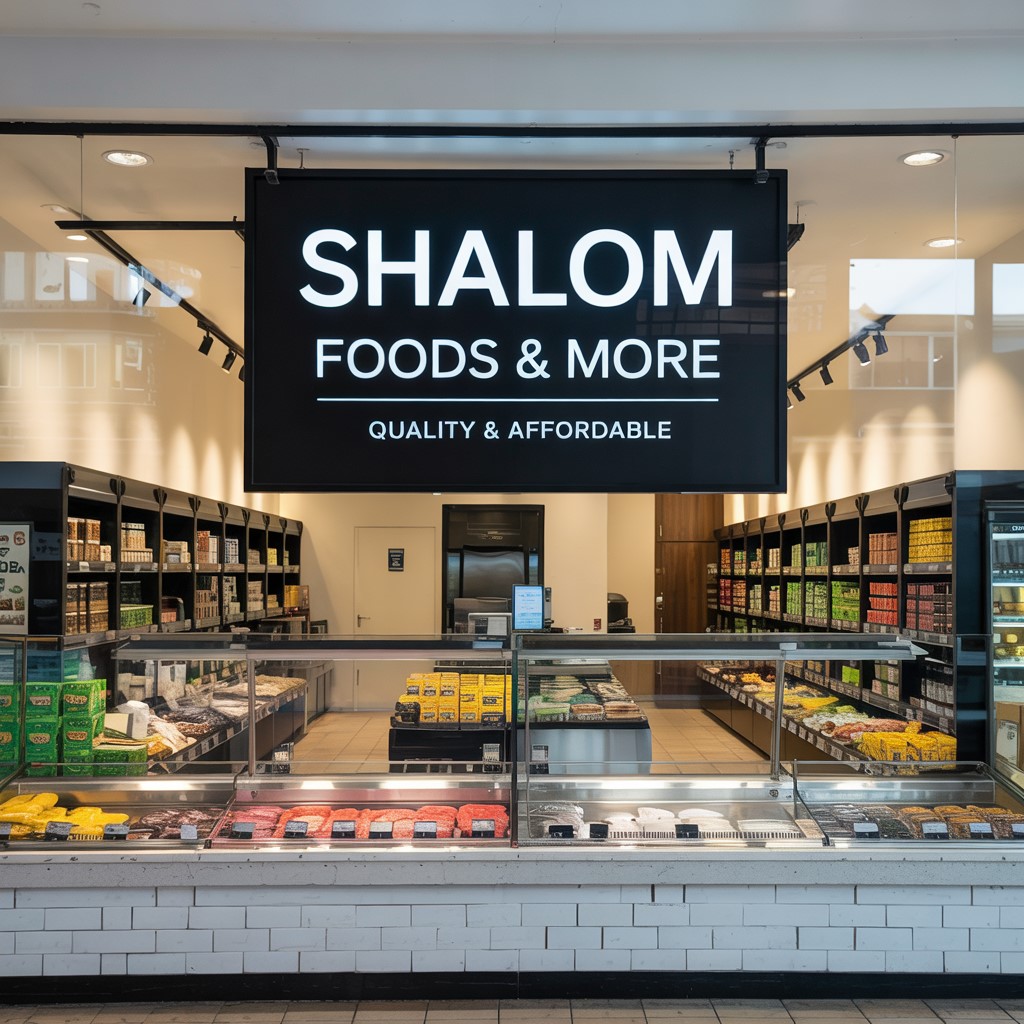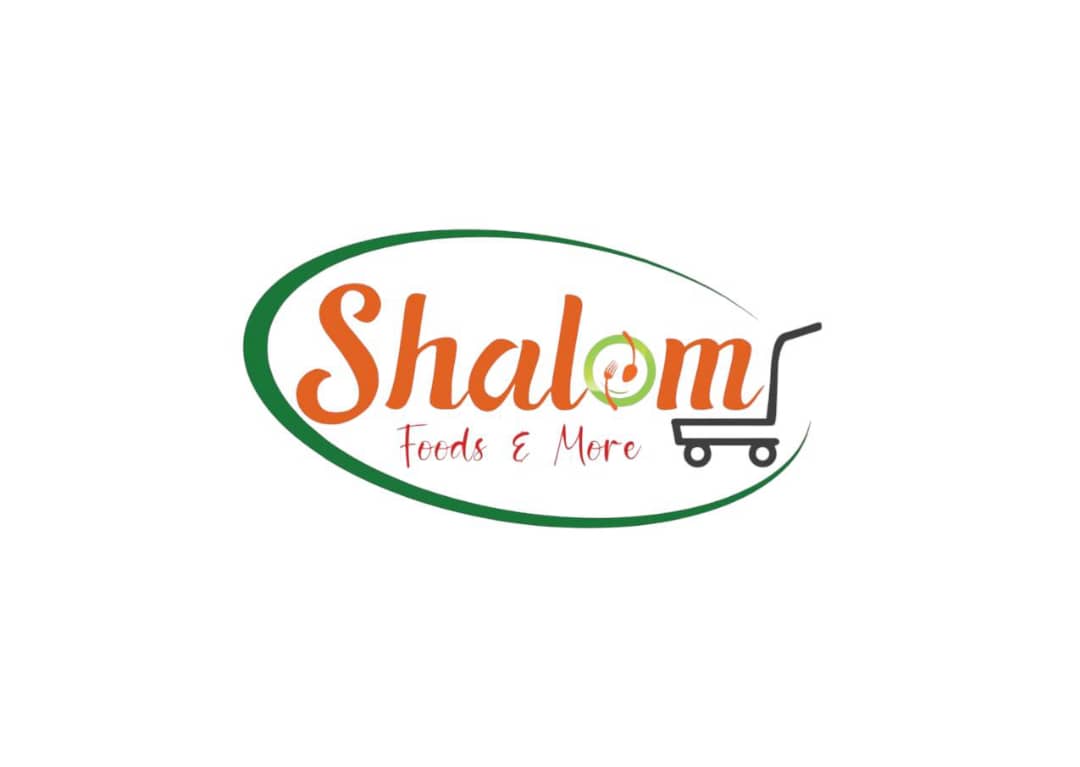Seafoods are essential parts of Nigerian cuisine, providing nourishment, variety, and delicious flavors to our everyday meals. However, finding quality and affordable seafoods can be challenging due to factors like price fluctuations, seasonal availability, and food preservation issues.
In this guide, we’ll explore how to buy fresh, quality and affordable seafoods in Nigeria, whether you’re shopping online or in local markets. We’ll also share tips on proper storage, where to shop, and how to get the best deals to help you enjoy premium-quality seafood without overspending.

Why Quality Seafood and Foodstuffs Matter?
Eating high-quality seafoods is crucial for both health and taste. Poor-quality seafoods can lead to food poisoning, while low-quality seafoods may lack essential nutrients.
Here’s why quality matters: Nutritional Value: Fresh seafood contains omega-3 fatty acids, protein, and essential minerals that support brain function and heart health.
Better Taste: Fresh seafoods enhance the flavor of your meals.
Health & Safety: Poorly stored seafood can harbor bacteria and toxins, which can be harmful.
Cost-Effectiveness: Buying fresh and well-preserved seafoods helps you avoid waste and save money.
Now, let’s dive into how you can find the best seafood in Nigeria at affordable prices.
Where to Buy Quality and Affordable Seafoods in Nigeria
There are several places to buy seafoods in Nigeria, but knowing where to shop is key to getting the best value for your money.
- Local Markets
Local markets remain one of the best places to buy fresh seafoods] at affordable prices. Some of the top seafood markets in Nigeria include:
Oyingbo Market (Lagos) – Known for fresh fish, crayfish, and prawns.
Mile 12 Market (Lagos) – Offers a variety of dry seafoods.
Kado Fish Market (Abuja) – Great for fresh seafoods and perishable items.
Tip: To get the best prices, visit these markets early in the morning when fresh goods arrive and sellers are open to negotiations.
- Online Seafood and Foodstuffs Stores
With online shopping, you can buy fresh seafoods without leaving your home. Some trusted online food vendors in Nigeria include:
Shalom Foods & More (shaloms.com.ng) – Offers fresh seafoods, dried fishes, snails, and other foodstuffs at affordable prices.
Jumia Food Market – Sells packaged foodstuffs, including rice, beans, and cooking essentials.
Konga Food – A reliable platform for buying bulk food supplies.
Tip: When buying online, always check customer reviews, delivery times, and storage methods before placing an order.
- Supermarkets and Grocery Stores
Major supermarkets like Shoprite, Spar, and Next Cash & Carry offer frozen seafood, but they tend to be more expensive than local markets. However, these stores are good for buying packaged foodstuffs and spices that may not be available in open markets.
- Directly from Fishermen and Local Farmers
If you live near coastal areas like Lagos, Bayelsa, Rivers, or Calabar, buying directly from fishermen can be the most cost-effective way to get fresh seafood. Similarly, sourcing foodstuffs directly from farmers in rural areas helps you cut out middlemen and get the best deals.
How to Identify Fresh and High-Quality Seafood
Before buying seafood, ensure it is fresh and safe to eat by checking the following:
- Fresh Fish
Clear and bright eyes (not cloudy).
Firm flesh that bounces back when pressed.
No foul smell – fresh fish should smell like the ocean, not ammonia.
- Crabs and Lobsters
Should be alive and moving.
Shells must be hard and intact.
- Prawns and Shrimps
Firm texture with no black spots.
No slimy or mushy feel.
- Dried Fish and Crayfish
Should be properly dried without mold.
No rotten smell or insect infestation.
Tip: If possible, buy from trusted suppliers like Shalom Foods & More to ensure you’re getting properly preserved seafood.
How to Store Seafood and Foodstuffs Properly
Proper storage prevents spoilage and extends shelf life, ensuring your seafood and foodstuffs stay fresh for longer.
- Storing Fresh Seafood
Refrigerate: Store in a covered bowl with ice and use within 1–2 days.
Freeze: Wrap tightly in plastic or vacuum-sealed bags and store in the freezer for up to 3 months.
Salt Preservation: Rubbing fish with salt before freezing prevents bacteria growth.
- Storing Dried Seafood
Keep in airtight containers in a cool, dry place.
Store away from moisture to prevent mold growth.
How to Save Money When Buying Seafood and Foodstuffs
- Buy in Bulk: Purchasing larger quantities reduces overall costs.
- Shop During Peak Seasons: Some seafood is cheaper in certain seasons, so take advantage of price drops.
- Compare Prices: Check different vendors to find the best deals.
- Negotiate: In open markets, always bargain for better prices.
- Use Online Discounts: Many online stores offer seasonal promotions and bulk discounts.
Best Nigerian Dishes You Can Make with Seafood
Here are some delicious Nigerian dishes you can prepare using fresh seafood:
Fisherman Soup – A rich, spicy seafood soup popular in the South.
Peppered Snail – A favorite delicacy made with spicy sauce.
Seafood Jollof Rice – A special twist on classic jollof rice.
Efo Riro (Vegetable Soup) – Can be made with dried fish or fresh seafood.
Banga Soup – A Delta delicacy made with fresh periwinkles and fish.
Conclusion
Buying quality and affordable seafoods in Nigeria requires knowing where to shop, how to identify freshness, and the best storage methods to prevent waste.
By following this guide, you can confidently shop for seafoods without overspending. Whether you prefer local markets, online stores, or direct sourcing, the key is to prioritize quality, freshness, and affordability.
For the best deals on fresh seafoods, visit shaloms.com.ng today and enjoy top-quality food items at unbeatable prices!
